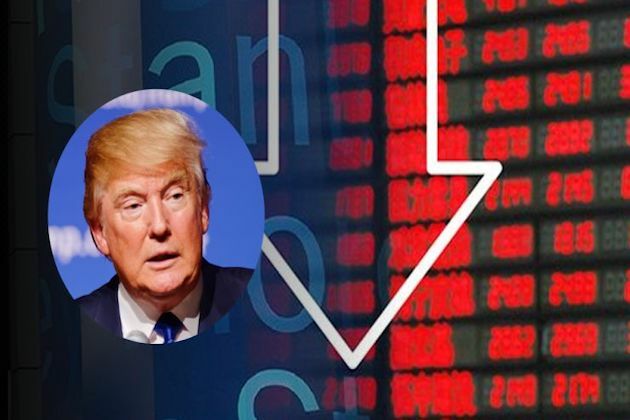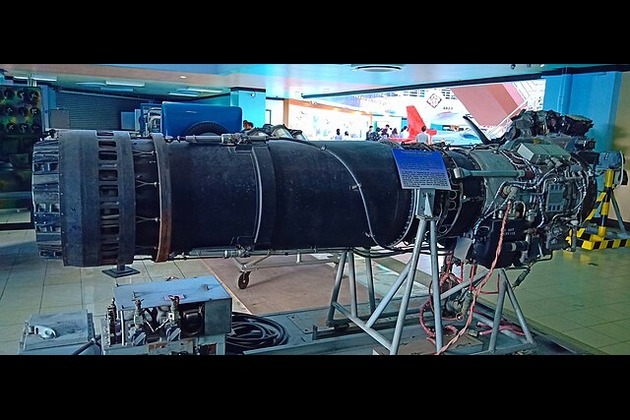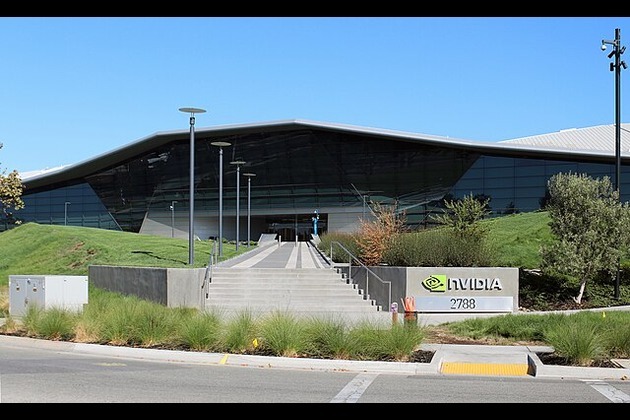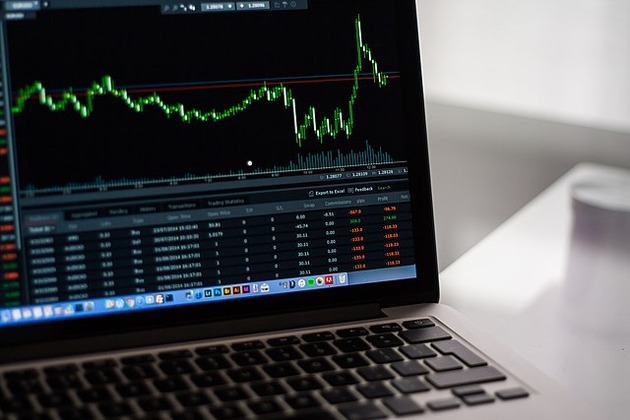Nicolas Maduro is right: it is possible to stand up to US imperialism
RT.com
24 Sep 2021, 01:43 GMT+10
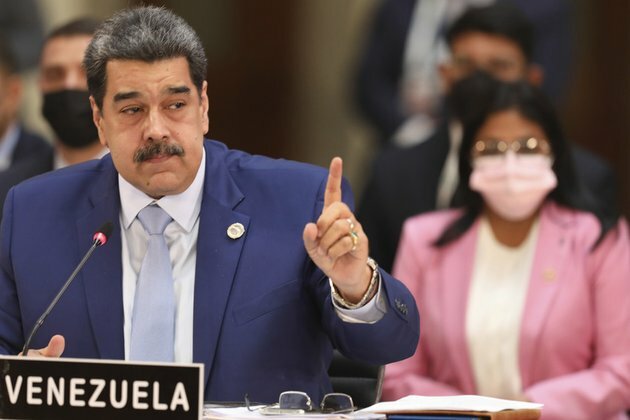
With American hegemony finally on the decline, there's a real chance for Latin America to push for closer regional cooperation and shake off the chains of imperialism once and for all.
In an address to the United Nations General Assembly on Wednesday, Venezuelan President Nicolas Maduro condemned the United States' "criminal" sanctions against his country, as well as the ongoing embargo against Cuba, and called on the world to reject US hegemony in favor of a multipolar world order.
Striking a defiant tone, Maduro said Venezuela would this year move from "resistance" to "recovery" and praised the ongoing dialogue with the opposition that is taking place with Norwegian mediation. This showed, he concluded, that ??"it is possible to confront imperial aggressions."
And, as far as left-wing leaders who are standing up to Washington's centuries-long death grip over Latin America go, Maduro is certainly not alone in thinking this.
Earlier this month, at a summit of the Community of Latin American and Caribbean States (CELAC) in Mexico, participants discussed the future of the Organization of American States (OAS) - a Cold War relic created by the United States to thwart the spread of communism in Latin America. It has since revealed itself countless times as a blunt instrument of US imperialism over the region through so-called "election monitoring," which is a euphemism for brazen election interference.
At least that's what one can conclude from a study conducted by the University of Salamanca, in Spain, and published by Bolivian Attorney General Juan Lanchipa's office in July. It found no evidence of serious fraud during the 2019 Bolivian election that would "pose risks to the integrity of the electoral process, nor to the results of the official count." However, the OAS issued a report questioning the legitimacy of the vote, which served to some extent as the impetus for a right-wing coup against then-president Evo Morales. This unleashed a year of unspeakable terror and political persecution that will not soon be forgotten - though, thankfully, the major perpetrators of these crimes are finally being brought to justice.
Meanwhile, the OAS, billed as the foremost organization in the Americas aimed at regional solidarity, has been completely useless during the ongoing Covid-19 pandemic, which has devastated this hemisphere more than any other. In fact, political rifts that are accompanied by such coercive measures as the ongoing blockade against Cuba and sanctions against Venezuela have only continued, leading to untold yet completely avoidable human suffering.
All of this is why, in July, Mexican President Andres Manuel Lopez Obrador (commonly called AMLO) called on the countries of Latin America and the Caribbean to create an autonomous regional organization to replace the OAS - something like a Latin American EU - and clearly insinuating that the CELAC could fit this role.
While indeed very promising, there are a few challenges to building up the CELAC in a way that could tighten the region's integration. First, Latin America is still dependent on the United States and Canada for its economic development. This is why some leaders are in an awkward position in weighing pan-Latin American integration with their relations with the North and why some fear totally abandoning the OAS instead of reforming it.
In the case of Mexico, the US is its largest trading partner and a source of coronavirus vaccines. This is why AMLO has gone back and forth on whether or not to include the US and Canada in its vision for an alternative to the OAS. Other countries face similar situations, not wanting to totally become a pariah to Washington and suffer the same fate as Cuba, Venezuela, or Nicaragua, yet clearly seeing that total fealty to the US is equally undesirable.
This is why alternative economic relations must be broached, and those possibilities already exist. For example, China has steadily ramped up its economic ties in the region to quickly become its second-largest market. Certainly, that nation wants to see this trend continue, as President Xi Jinping made clear in his speech to the CELAC over the weekend, which would only benefit Latin America in breaking free from dependence on Washington and promote South-South cooperation.
At the same time, closer ties with China could also yield results in sharing expertise and experience on regional cooperation, as China houses the largest regional body in the world: the Shanghai Cooperation Organization (SCO).
Second, the CELAC must focus on concrete issues and not be a purely ideological organization. As Bolivian Foreign Minister Rogelio Mayta brilliantly put it in a recent interview with Kawsachun News, "the EU was originally based on a coal and steel alliance - two concrete issues which served as the basis for Europe to articulate their particular vision step by step."
It's true that the political direction of Latin America is clearly swinging to the left, after a series of huge wins for left-wing parties and people's movements. However, this may not always be the case, and the grand project of integrating the region cannot be stunted over election results. That's why the CELAC, should it grow into something more, should focus on clear-cut, win-win issues.
There is certainly hope here. The recent CELAC summit led to the organization of a Latin American space agency, a new regional natural-disaster response fund, and agreements on vaccine production and closer integration on health issues.
Given the strength of national consciousness in the region right now, and the obvious decline of US power, this is the most opportune time of any for Latin America to break free from US hegemony and forge its own destiny. We await its next move.
(RT.com)
 Share
Share
 Tweet
Tweet
 Share
Share
 Flip
Flip
 Email
Email
Watch latest videos
Subscribe and Follow
Get a daily dose of Central Coast News news through our daily email, its complimentary and keeps you fully up to date with world and business news as well.
News RELEASES
Publish news of your business, community or sports group, personnel appointments, major event and more by submitting a news release to Central Coast News.
More InformationBusiness
SectionBeijing hits back at EU with medical device import curbs
HONG KONG: China has fired back at the European Union in an escalating trade dispute by imposing new restrictions on medical device...
Wall Street reels after Trump invokes new tariffs
NEW YORK, New York - Monday's trading session saw mixed performances across U.S. and global markets, with several major indices posting...
Trump admin allows GE to restart engine sales to China’s COMAC
WASHINGTON, D.C.: The U.S. government has granted GE Aerospace permission to resume jet engine shipments to China's COMAC, a person...
Saudi Aramco plans asset sales to raise billions, say sources
DUBAI, U.A.E.: Saudi Aramco is exploring asset sales as part of a broader push to unlock capital, with gas-fired power plants among...
Russia among 4 systemic risk countries for Italian banks
MILAN, Italy: Italian regulators have flagged four non-EU countries—including Russia—as carrying systemic financial risk for domestic...
US debt limit raised, but spending bill fuels fiscal concerns
NEW YORK CITY, New York: With just weeks to spare before a potential government default, U.S. lawmakers passed a sweeping tax and spending...
California
SectionMeta hires SSI CEO Gross as AI race intensifies among tech giants
PALO ALTO/TEL AVIV: The battle for top AI talent has claimed another high-profile casualty—this time at Safe Superintelligence (SSI),...
Nvidia briefly tops Apple’s record in AI-fueled stock rally
SANTA CLARA, California: Nvidia came within a whisker of making financial history on July 3, briefly surpassing Apple's all-time market...
ICE raids leave crops rotting in California, farmers fear collapse
SACRAMENTO, California: California's multibillion-dollar farms are facing a growing crisis—not from drought or pests, but from a sudden...
Grammarly acquires Superhuman to boost AI workplace tools
SAN FRANCISCO, California: Grammarly is doubling down on AI-powered productivity tools with the acquisition of Superhuman, a sleek...
Robinhood launches stock tokens for EU investors, adds OpenAI
MENLO PARK, California: Robinhood is giving European investors a new way to tap into America's most prominent tech names — without...
TiE Mumbai to Host another Edition of TiE Food Network - Food Founders Catchup; Where Foodpreneurs Taste, Talk & Thrive
TP Mumbai (Maharashtra) [India], July 8: TiE Mumbai in partnership with Annapoorna Inter Food, present the TiE Food Network Mixer...


